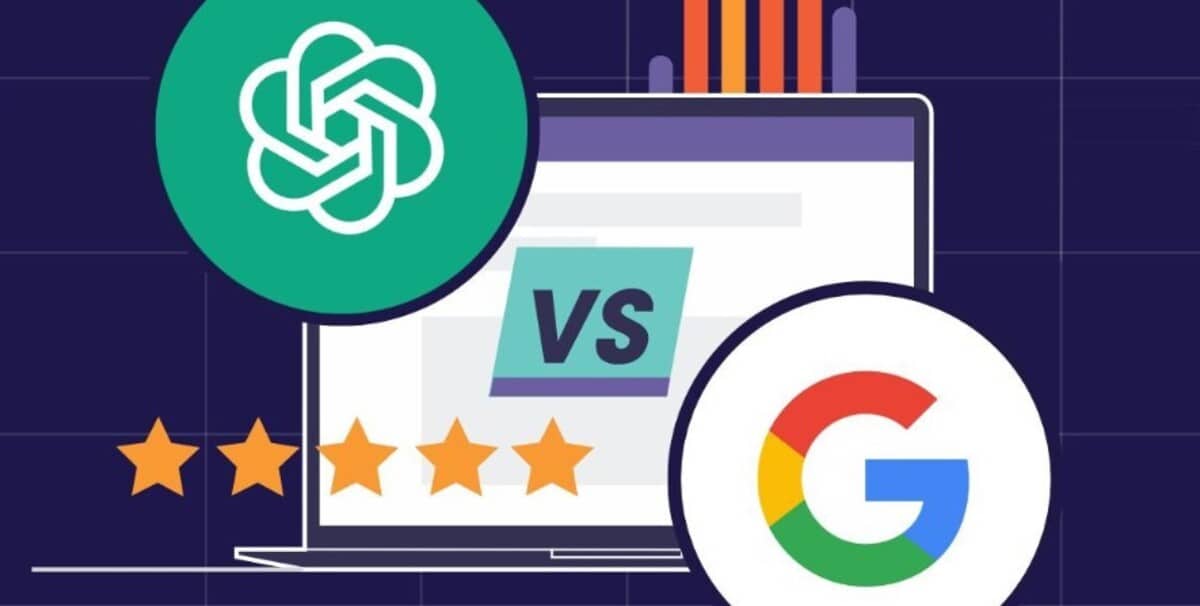It’s tempting to think we’ve entered a post-Google era, one where AI chatbots like ChatGPT have become the default search tool—yet the numbers tell a different story. Despite ChatGPT’s meteoric rise, almost every person who chats with it still clicks over to Google.
The Overlap Isn’t Small
In August, SEO consultant Brodie Clark unearthed some revealing Similarweb figures. A staggering 95.3% of ChatGPT users swung by Google during the same period. Flip it around, and only 14.3% of Google’s massive audience ever poked at ChatGPT. Surprised? You shouldn’t be. It seems most of us aren’t quite ready to ditch the old search guardrails, even as we marvel at what large language models can do.
Take raw visit counts: ChatGPT logged roughly 5.8 billion visits in August, while Google towered over it at 83.8 billion sessions. That’s not a rounding error. It’s the reality check that AI’s climb to prominence is thrilling—and yet, Google still holds the crown.
Why does this matter? If you’re a marketer, it’s a nudge to keep your content strategy firmly planted in Google’s garden. Sure, AI-driven search is booming, but your audience is still starting most queries on familiar ground.
Still Cross-Checking with Google
It isn’t just survey fluff. Traditional search engines command around 95% of our traffic, according to Datos and SparkToro’s data. Heavy AI adopters aren’t immune either; a Nielsen Norman Group study found they persist in double-checking AI responses against Google’s results.
Think about your own habits. Do you trust a single digital response, or do you skim through Google’s blue-link promise to be sure? Exactly.
When Referrals Split Hairs
Referral traffic from ChatGPT has drawn some eyebrow raises. Clark noted reports of a downturn in ChatGPT-driven visits for certain sites, while Bing’s referrals are, unexpectedly, on the upswing. But Search Engine Land saw ChatGPT referrals surge 1,233.5% in August, outpacing Bing’s contribution and delivering more clicks than one might expect from an emergent channel.
And yet, even with that spike, Google’s organic search remains 37 times more potent than ChatGPT when it comes to sending visitors to Search Engine Land’s doorstep. Those are some serious multipliers.
Is ChatGPT losing steam? Not exactly. It’s just that Google’s traffic heavyweight status is hard to budge. Asking whether AI chatbots will overtake search engines is like wondering if your old bicycle is about to outsprint a sports car. Both might get you where you need to go, but one’s still far faster and more reliable in most scenarios.
What Marketers Should Do Next
- Double-down on Google SEO.
- Keep an eye on AI referral graphs in your analytics.
- Experiment with ChatGPT as a complementary channel, not a replacement.
Brodie Clark summed it up nicely: “There’s no doubt that ChatGPT is continuing to grow at a rapid rate. This overlap data shows that while the growth continues, users keep returning to Google despite ChatGPT being a Search alternative.” Meanwhile, Aleyda Solis reminded us that “LLMs are expanding and evolving (not killing) search as a discovery/marketing channel.”
AI tools aren’t a fad—they’re here to stay. But they’re reshaping rather than replacing the rules of the game. Google remains the stadium where most of us kick off our search, and until that changes, your marketing playbook should keep Google at its core.
What’s your take? Do you bounce between ChatGPT and Google, or have you gone all-in on AI search? Drop a comment below, and don’t forget to follow us on Facebook, X (Twitter), or LinkedIn for more insights into the ever-evolving world of search.
Before you go, check our Yahoo search engine overview and its features.
And FTC probes Google and Amazon over ad pricing disclosures. Here are all the details.
Sources:
- www.searchengineland.com/nearly-all-chatgpt-users-visit-google-461830
- www.x.com/aleyda/status/1965322201802186983
- www.linkedin.com/feed/update/urn:li:activity:7370786011209129984/



Enterprise SEO 2026: 5 AI Trends That Will Define Your Strategy
The 2025 SEO Shakeup: What Actually Worked (and What Didn’t)